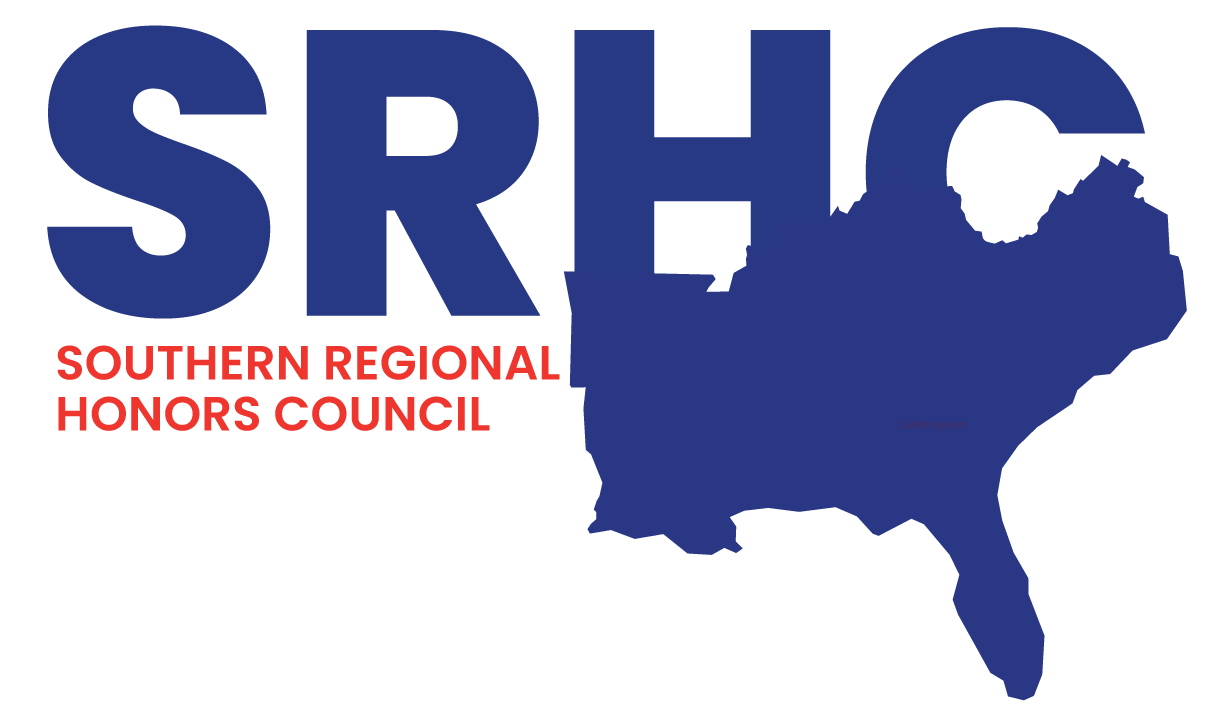Call for JNCHC Papers
The next issue of JNCHC (deadline: September 1, 2023) invites research essays on any topic of interest to the honors community.
The issue will also include a Forum focused on the theme “Creating an Honors Faculty,” in which we invite honors educators to examine how honors faculty are defined, selected, recruited, retained, and rewarded. We invite essays of roughly 1000-2000 words that consider this theme in a practical and/or theoretical context.
The lead essay for the Forum is by Lynne C. Elkes of Loyola University Maryland. In “Creating and Celebrating Honors Faculty,” Elkes applauds the unique quality of honors educators, who approach their students and their work with a passion beyond what is expected of higher education in general. Teachers attracted to honors become part of a community of learners along with their students, contributing not just their academic expertise but their whole selves to their shared love of learning, going beyond any expected job requirements to partner with their students, to mentor them in their research, and to help them become better people as well as students. At the same time, honors programs tend to lack structure compared to typical academic disciplines, which have defined hierarchies and systems of rewards such as tenure, promotion, and salary protocols. Honors programs typically attract different kinds of faculty at different ranks and with different levels of job security, from tenured to contingent. This flexibility and ineffability—sometimes controlled chaos—can create authenticity, but it can also lead to abuse when faculty are taken for granted and expected to take on significant extra responsibilities without attendant expectations of reward. Elkes suggests that some standardization within the practices of hiring, retention, compensation, and job responsibilities could reduce this kind of abuse, acknowledge the special dedication of honors faculty, and evoke a higher level of respect not just for honors teachers but for the kind of devotion they commit to teaching and learning.
Contributors to the Forum on “Creating an Honors Faculty” may, but are not obliged to, respond directly to Elkes’s essay. Questions that Forum contributors might consider include:
Is the loose structure and hierarchy of honors faculty a benefit, liability, and/or inevitability?
How should honors faculty be selected, and who should select them?
Is there any hard evidence for the assumption that honors faculty are exceptionally dedicated to teaching?
Would a traditional academic reward system disrupt the passion and personal dedication we associate with teaching in honors?
Does honors have—or can it create—a just and satisfying reward system different from that of a typical academic discipline?
Can a different kind of reward system for honors faculty promote diversity, equity, and inclusion?
How is an honors faculty created on your campus, and does it work?
What character traits are essential for a good honors teacher?
What academic credentials (if any) should be required to teach in honors?
Information about JNCHC—including the editorial policy, submission guidelines, guidelines for abstracts and keywords, and a style sheet—is available on the NCHC website.
Please send all submissions to Ada Long at adalong@uab.edu.
NCHC journals (JNCHC and HIP) and monographs are included in the following electronic databases: ERIC, EBSCO, Gale Cengage, and UNL Digital Commons. Both journals are listed in Cabell International’s Directory of Publishing Opportunities.
